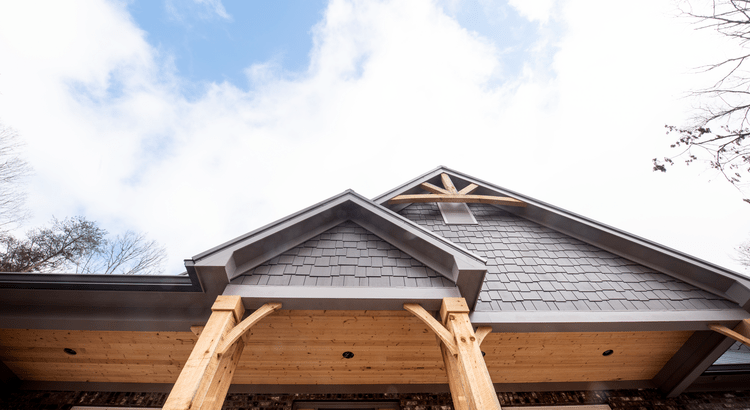
Demystifying Down Payment Assistance: Your Guide to Affordable Homeownership
Are You Ready to Buy a Home? Discover Today’s Down Payment Programs Buying a home in today’s market can seem daunting, especially with soaring mortgage rates and escalating home prices. If you’re feeling the pinch, exploring grants and assistance programs could be your ticket to making homeownersh

Mastering Mortgage Rates: Your Key to Financial Stability
Are Mortgage Rates Keeping You Up at Night? Here’s How to Take Charge Mortgage rates have been a hot topic lately, with constant buzz about Federal Reserve meetings and their supposed impact on rates. But let’s clear the air: the Fed doesn’t directly control mortgage rates, despite what you might

The Truth About New Home Construction: Dispelling Misconceptions
Have you noticed more newly built homes on the market lately? It’s true—about one in three homes currently for sale are newly constructed. Before you jump to conclusions, let’s explore what this means for the housing market and your potential move. Understanding the Difference from 2008 Memories o
Recent Posts









